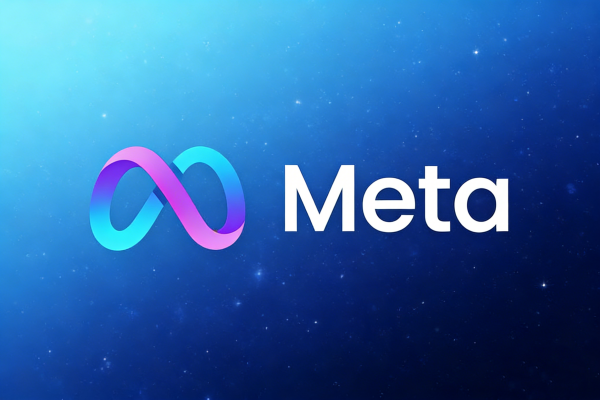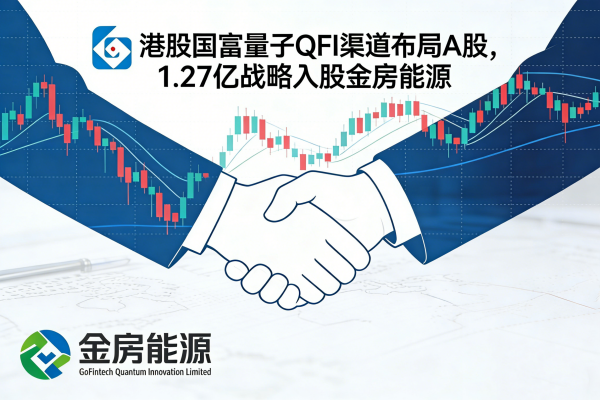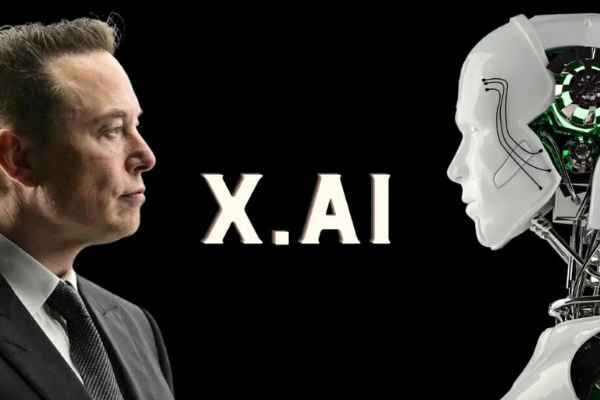Following Singapore and the UAE, Pakistan has set up a special agency to regulate digital assets
The Pakistani government recently officially announced the establishment of the Pakistan Digital Asset Authority (PDAA), which will become Pakistan's first government department dedicated to regulating the virtual asset market, responsible for comprehensive compliance supervision and license issuance from exchanges, custodians, stablecoin issuers to decentralized finance (DeFi) applications.
According to official notifications, the regulatory framework of the PDAA will benchmark the international standards of the Financial Action Task Force (FATF), strengthen the AML and CFT mechanisms, and ensure the legality and transparency of crypto-economic activities. Finance Minister Muhammad Aurangzeb, who also serves as chairman of the Pakistan Crypto Commission (PCC), said at a press conference: "We are moving towards a new era of a more orderly and compliant digital economy. The establishment of the PDAA will provide us with institutional guarantees for integrating and regulating the gray crypto market of about $25 billion."
For a long time, Pakistan has had an active group of crypto users, but due to the lack of legal clarity, crypto transactions are mainly in a regulatory vacuum, and users rely on P2P and offshore platforms for asset management and transactions. Aurangzeb pointed out that the establishment of PDAA is not only a "normative" measure, but also an "empowering" mechanism. In the future, it will also explore pilot projects for new financial scenarios including national asset tokenization, government debt digitization, and cross-border payment optimization, bringing structural innovation to Pakistan's financial system.
It is understood that the framework of PDAA will cover three core functions: one is the license approval and regulatory review of crypto assets and service providers; the second is to promote the innovative integration of Web3 and blockchain technology and support the development of local start-ups; the third is to formulate an inter-ministerial coordination mechanism to ensure that financial, central bank, judicial, security and other institutions are efficiently linked in digital asset governance.
Analysts pointed out that with the establishment of PDAA, Pakistan is gradually shifting from the "crypto fuzzy zone" to a compliant market with clear policy guidance, and is expected to attract international compliance platforms, venture capital funds and Web3 development teams to settle in. This policy also makes Pakistan the third representative country to establish an independent digital asset regulatory agency in developing countries after the UAE and Singapore.
Globally, the compliance of the crypto industry is becoming a mainstream trend. How to strike a balance between security, innovation and regulation is a common issue faced by all countries. The establishment of PDAA is not only an important starting point for Pakistan’s digital financial strategy, but also a key layout for enhancing its national status in the competition of the emerging digital economy.









